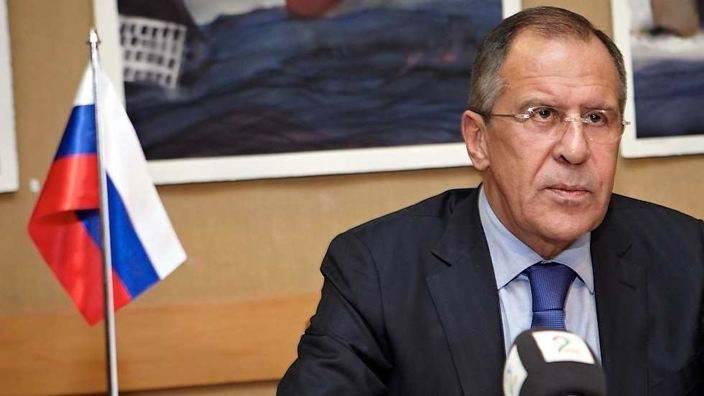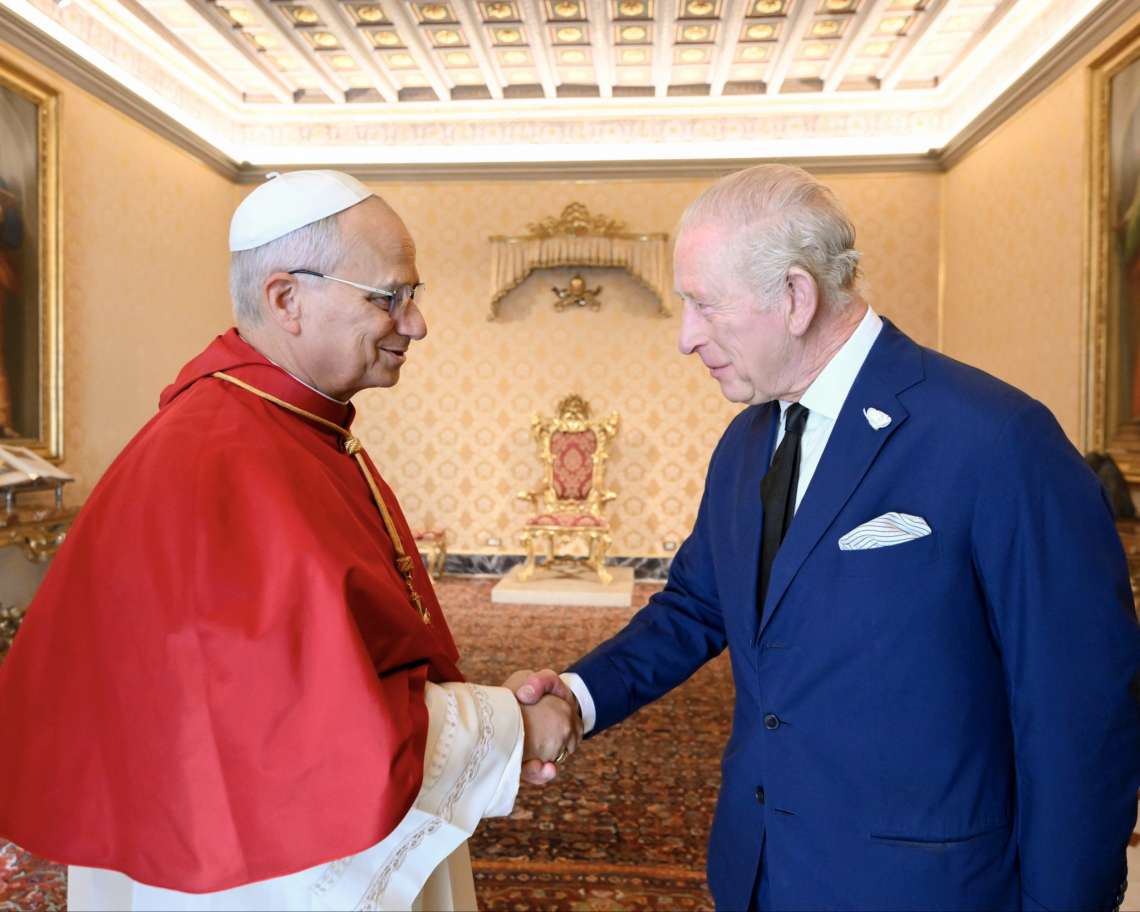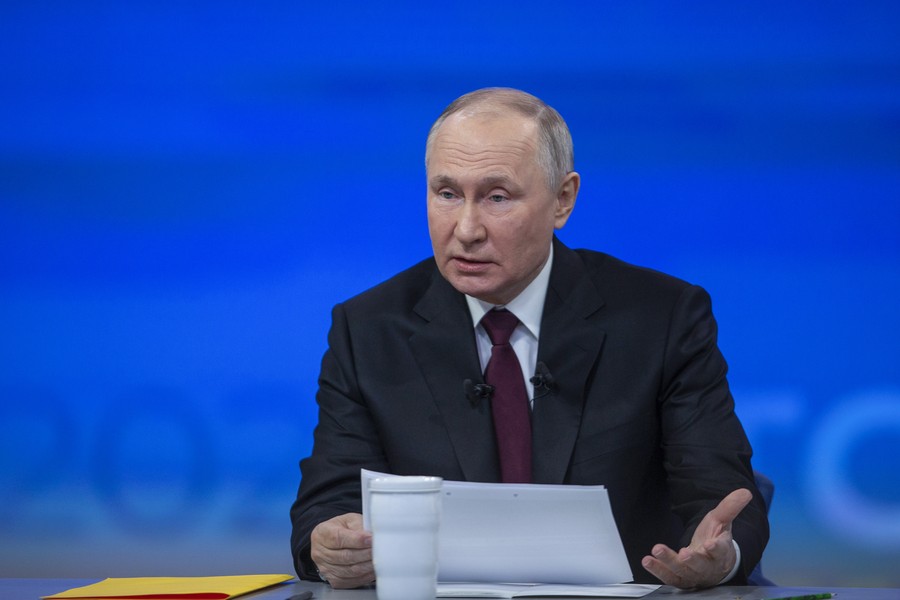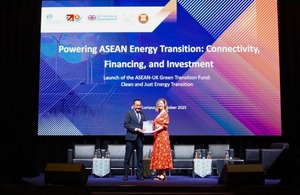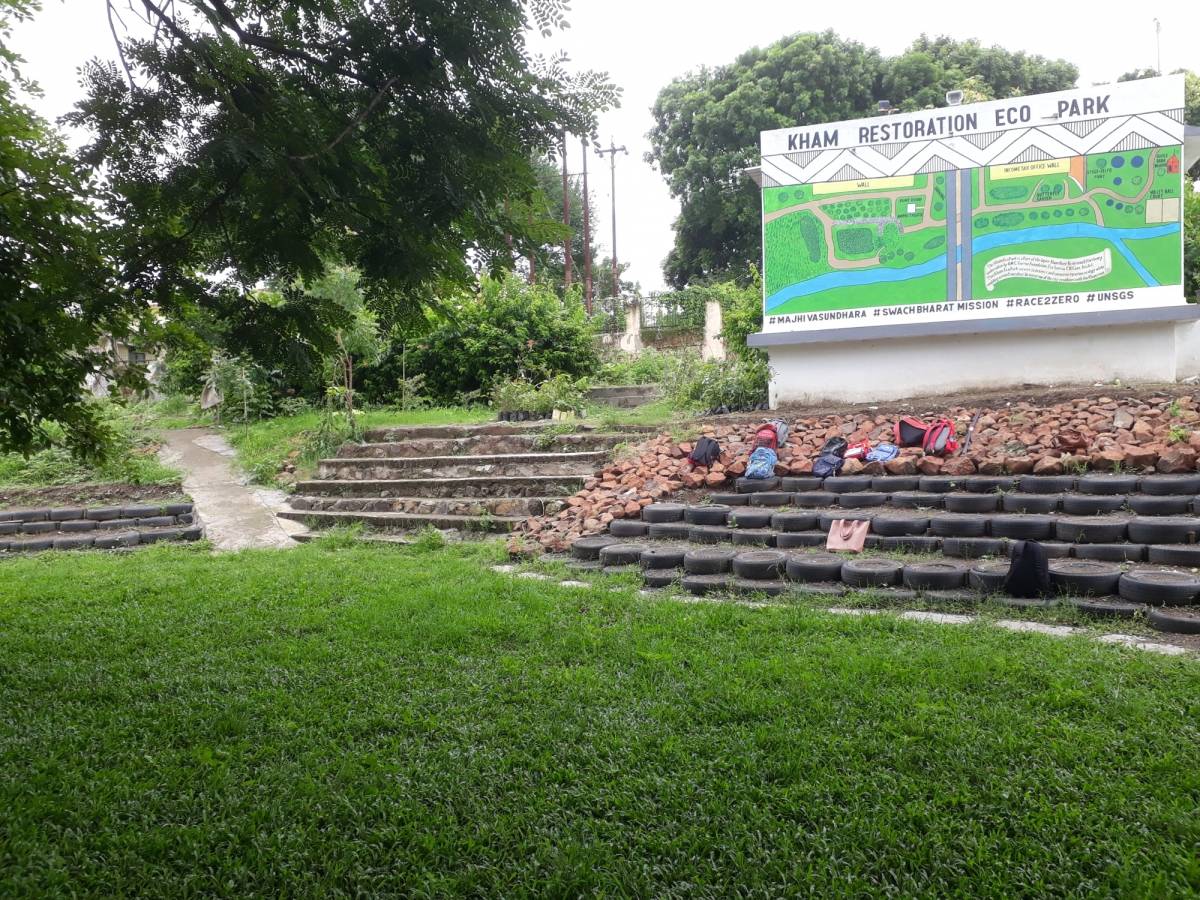Al Jazeera’s Dorsa Jabbari, reporting from Moscow, says it was quickly clear how “icy” the exchange between Truss and Lavrov was when the pair emerged from their talks to address a news conference…reports Asian Lite News
Russia’s Foreign Minister Sergey Lavrov has accused his British counterpart of grandstanding after the pair held talks in Moscow about the Ukraine crisis.
“I’m honestly disappointed that what we have is a conversation between a mute and a deaf person … Our most detailed explanations fell on unprepared soil,” Lavrov told reporters on Thursday, standing alongside Britain’s Liz Truss.
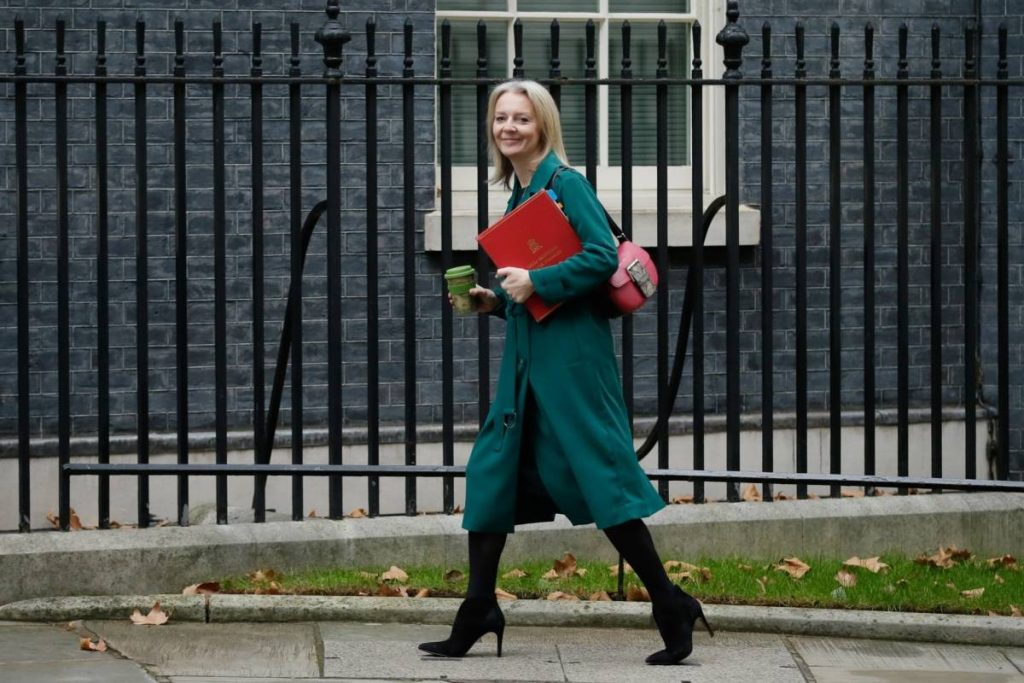
He added that the “facts” presented by his team on the crisis “bounced off” their British counterparts.
Truss, who warned of tough Western sanctions if Ukraine was attacked, challenged Lavrov about his assertion that Russia’s buildup of troops and weaponry was not threatening anyone.
“I can’t see any other reason for having 100,000 troops stationed on the border, apart from to threaten Ukraine. And if Russia is serious about diplomacy, they need to remove those troops and desist from the threats,” she said, as she dismissed Moscow’s claim that NATO is undermining the region’s security.
Al Jazeera’s Dorsa Jabbari, reporting from Moscow, says it was quickly clear how “icy” the exchange between Truss and Lavrov was when the pair emerged from their talks to address a news conference.
“The Russian foreign minister says that London is not hearing Moscow,” she said. “Clearly, the two ministers did not see eye-to-eye … there is a huge gap between the two sides, which has only been highlighted by this meeting today.”
The new round of talks came as British Prime Minister Boris Johnson visited NATO headquarters in Brussels and Germany’s leader met his Baltic states counterparts in Berlin, where officials from Russia, Ukraine, Germany and France were also holding discussions.
Russia, which has more than 100,000 troops near Ukraine’s borders, has denied Western accusations that it may be planning to invade its former Soviet neighbour, though it says it could take unspecified “military-technical” action unless a series of demands are met.
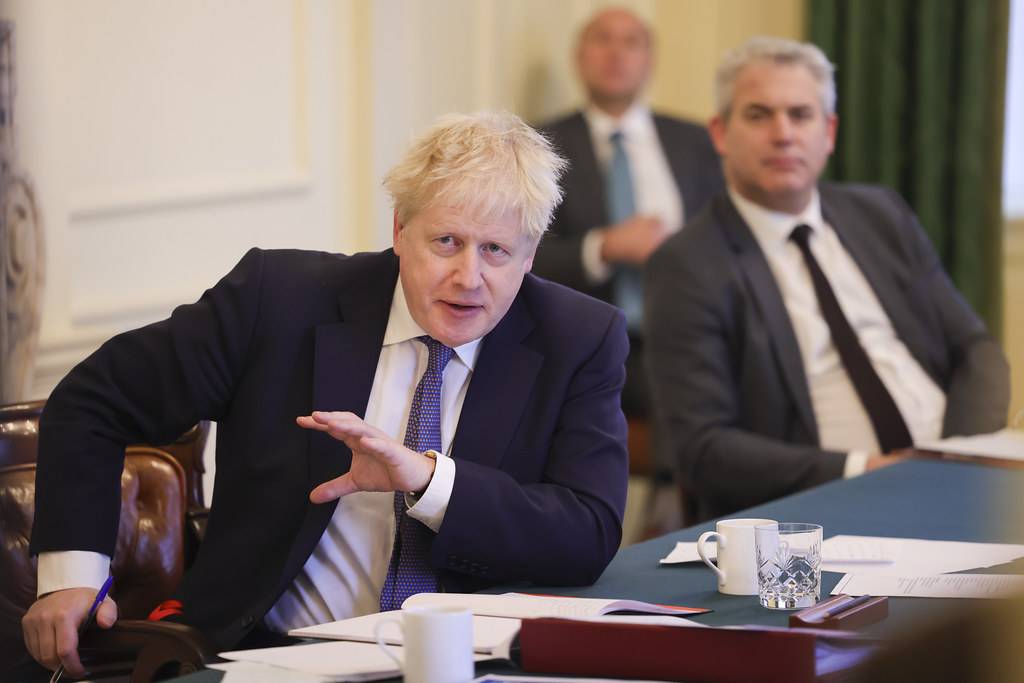
“I honestly don’t think a decision has yet been taken” by Moscow on whether to attack, Johnson told a news conference with NATO Secretary-General Jens Stoltenberg. “But that doesn’t mean that it is impossible that something absolutely disastrous could happen very soon indeed.”
“This is probably the most dangerous moment, I would say, in the course of the next few days, in what is the biggest security crisis that Europe has faced for decades,” he said. The way forward was diplomacy, Johnson later told reporters in Poland.
The United Kingdom also published legislation broadening the scope of those linked to Russia who could be sanctioned if Moscow invades.


